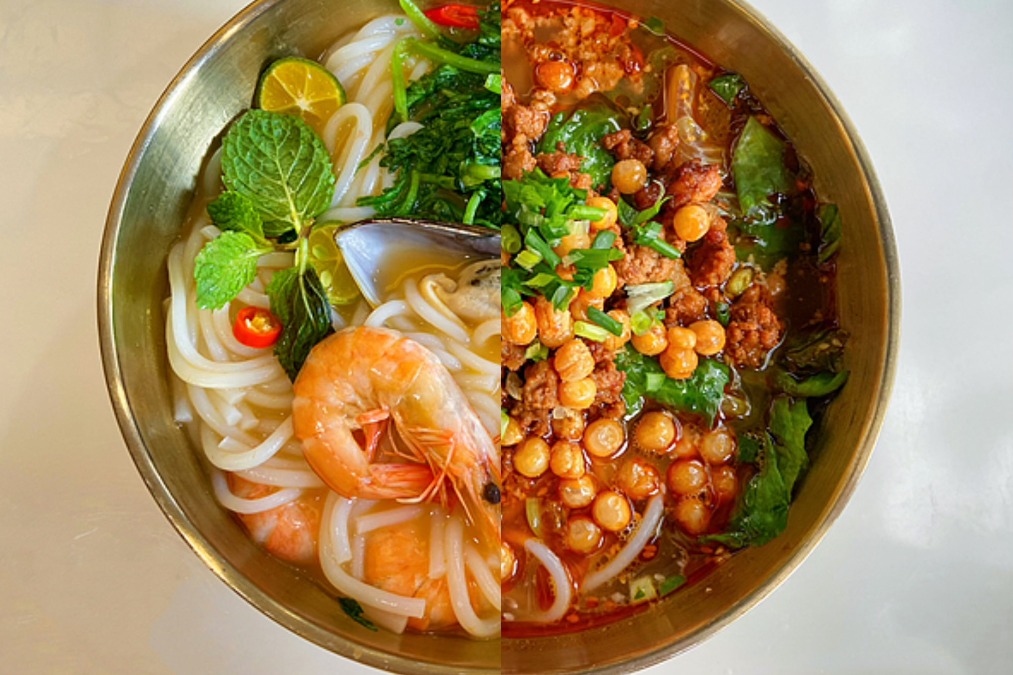Farmer no longer needs magnifying glass for rich harvest

"With the help of these monitoring systems, we can observe soil moisture, insect distribution, and rainfall through mobile phone applications. We don't need to stay in the field all day to manually record such data," says Xu Xudong.
Apart from advanced technology, Xu's family also focuses on developing high-quality varieties and exploring high-yield cultivation techniques.
On the table in Xu's cooperative are over a thousand carefully marked paper bags, inside of which are wheat samples of different varieties collected from the experimental field this year.
"Since the beginning of this year, a total of 50 new grain varieties have been planted in the experimental field, and seven experiments have been conducted, including one to increase the efficiency of new wheat fertilizers," says Xu Xudong.
Over the past 10 years, Xu Congxiang has independently developed four soybean varieties and two wheat varieties with intellectual property rights.
"Previously, it took about 10 years to cultivate a new grain variety. Now, I cooperate with scientific research institutes to cultivate new varieties and experiment with improved planting patterns in the field. Fine varieties and improved planting techniques have helped us achieve high yield," says Xu Congxiang.
In his opinion, China's grain planting technology and skills have changed tremendously over the past decades. "Only through applying science, technology and machinery to agriculture, and constantly improving grain output and quality, can the income of farmers be improved and national food security ensured," he says.
"Modern agricultural science and technology should be applied to help modern farmers increase yield, and this requires continuous effort from one generation to another," says Xu Congxiang.




































